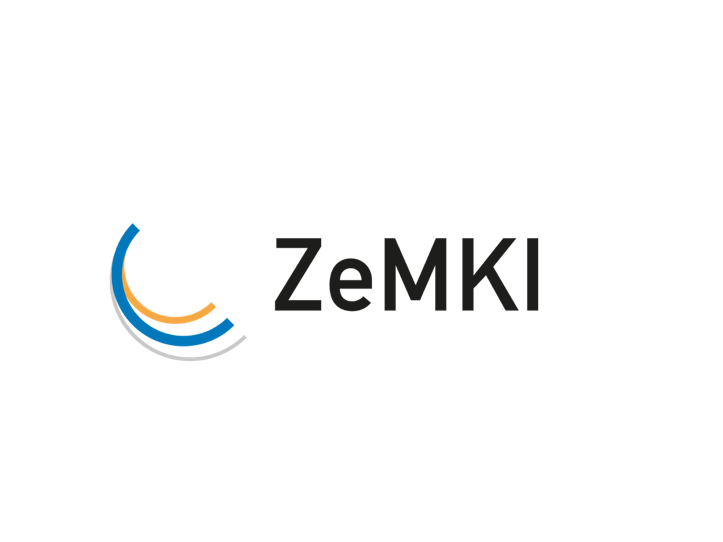
- Duration: 2014 – 2017
- Project lead: Dr. Stefano Odorico
Project management: Prof. Dr. Winfried Pauleit (ZeMKI-Lab “Film, Media Art and Popular Culture”)
Project collaborator: Dr. Stefano Odorico
Funding institution: DFG
Recent developments in digital technologies, as well as increased socio-cultural demands for participation, are changing and influencing our conception, design, reception, production and distribution of non-fictional audiovisual works. These developments form the basis for the emergence of a new, media platform-based film form that is becoming increasingly popular: Interactive documentaries that dissolve the classical linearity of film into fragmented spatiotemporal forms of production. The research project examines interactive, web-based documentary film from a broad pragmatic perspective and thus breaks new scientific ground. The project aims at a precise understanding of this contemporary and so far hardly theorized, non-fictional film form with regard to communicative and collaborative structures, authorship, spectatorship and realism.
Recently, an innovative branch of research has developed on the subject of interactive documentary or i-doc, open documentary, webdoc, transmedia documentary or digital documentary. In this field, the term “interactive documentary” is largely understandable because it is based on a widely shared understanding of established film studies definitions. Interactivity, on the other hand, is a term that is much more open to interpretation, partly because it is used in so many different contexts in relation to the internet and digitization. Interactivity is also understood as something that presupposes a technical system, which in turn allows a choice between multilinear narratives and thus changes the documentary form and the audience experience. The DFG project “Web-based documentary flm between discourse, technology and community building: the pragmatic turn” contributes to this branch of research by focusing specifically on the interactive part of the interactive documentary form. It investigated how interactivity can be described from an aesthetic perspective and how this influences how a documentary develops.
The aim of the project was not to represent or advocate a single methodology or approach to interactivity, but rather to reflect in greater depth how interactivity can be theorized, considered and applied in interactive documentation. It was less concerned with taxonomies of interactive documentation than with the question of what interactivity (and the aesthetics of interactivity) does and how it activates and engages the audience. In addition to aesthetic analysis, the project focused on specific case studies such as film festivals, digital media preservation, pragmatics and research methodologies. To date, a book contribution has been published on issues of distribution and events in the context of interactive documentaries. In addition, an article on preservation issues was published in a peer-reviewed academic journal in December 2016.
The DFG project was completed in August 2017. The planned results were a book, a workshop in connection with the annual International Bremen Symposium on Film and a research website. The development and design of the website has already begun. The website should ideally serve as an international research platform for researchers who wish to participate in the debate on the topic of interactive and documentary film. The book focuses generally on the interactive documentary form and on aesthetics/new aesthetics, distribution and festivals as well as reflections on the research potential of these contemporary audiovisual forms. The book has been published in German and English. The workshop focused – as the first of its kind in Germany – on interactive documentaries as a research method. The results of the workshop, for which national and international researchers from this field were invited, further advanced the theoretical debate on the topic and provided important impulses for the final publication of the project.

